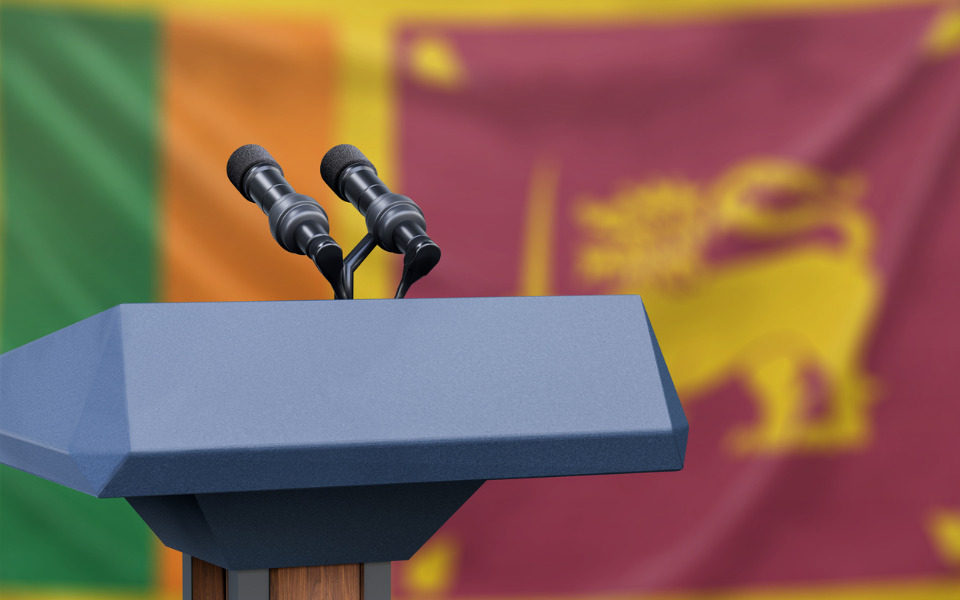
Sri Lanka's Opposition parties to put up joint front to fight new anti-terrorism Bill

Sri Lanka’s opposition parties as well as the minority Tamil and Muslim parties on Monday decided to put up a joint front against the new anti-terrorism bill that would replace a draconian counter-terrorism law, the main opposition leader Sajith Premadasa said.
The new Anti-Terrorism Act (ATA) will replace the much-maligned Prevention of Terrorism Act (PTA) of 1979. On April 1, Prime Minister Dinesh Gunawardena told reporters that the new counter-terrorism law will be introduced later this month.
All opposition parties vowed today to defeat the ATA. It empowers the president to name anyone a terrorist among the 20 million people, Premadasa said.
The main opposition Samagi Jana Balawegaya (SJB), minority Tamil and Muslim parties and the breakaway anti-ruling SLPP coalition members attended the meeting, Premadasa said.
In order to protect human and democratic rights and ensure national security, there needs to be new legislation or if the existing public security ordinance should be expanded, the meeting decided.
The proposed ATA has met with stiff resistance from the Opposition parties and rights activists. Even the powerful Buddhist clergy has written to President Ranil Wickremesinghe to reconsider the bill.
Sri Lanka is replacing the PTA with a new legislation called the Anti-Terrorism Act (ATA) after the former law was roundly condemned for its draconian nature where people were allowed to be detained without being charged for indefinite periods of time.
Sri Lanka faced international calls to repeal the PTA which was enacted in 1979 as a temporary measure to counter the rising Tamil separatist militancy.
Since 2016, the European Union has been urging the government to repeal the PTA and bring in new counter-terrorism legislation in line with international standards. The EU has linked its GSP+ export tariff concessions to Sri Lanka modifying its counter-terrorism Act.
The government has indicated that the ATA would be presented in Parliament this week.
The PTA was widely used in Sri Lanka’s anti-separatist campaign from 1979 until the LTTE who fought for a separatist Tamil homeland was crushed in 2009.
The Tamil minority slammed the PTA for holding them for long periods without being charged.
Wickremesinghe is accused of broadening the definition of terrorism in the ATA, which the activists say would hinder the right to protest.
Wijeyedasa Rajapakshe, the Justice Minister, said any interested party can challenge the ATA in the Supreme Court and the government would adhere to the highest court’s ruling.
On March 17, the new Anti-Terrorism Act (ATA) of 97 pages was published in the government gazette.
The opposition and civil society groups objected to the new ATA saying it targets the civil society protests which took place mid-last year over the then government’s failure in handling the ongoing economic crisis.
(Except for the headline, this story has not been edited by The Federal staff and is auto-published from a syndicated feed.)

